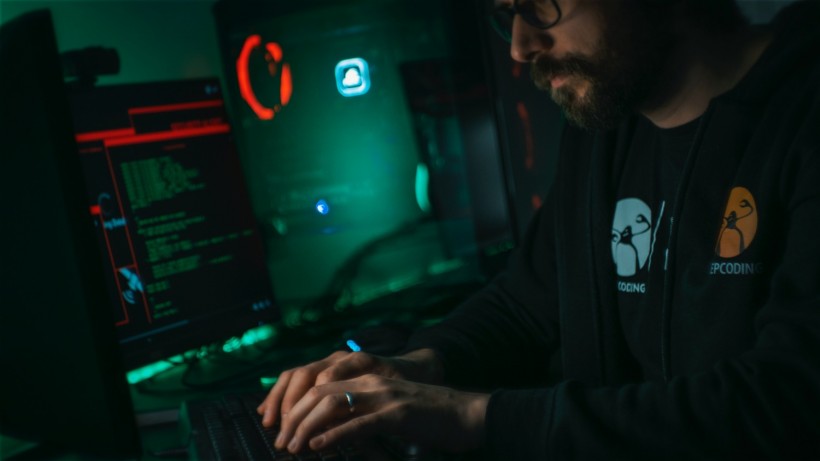
Technology is continually evolving at an astonishing pace, and the world is constantly trying to catch up. While some businesses are still trying to figure out digitization, others are already occupied with figuring out the potential benefits of Web3. The world is becoming more digital by the second. However, with digital infrastructure being the backbone of our civilization and its progress, it's bound to get attacked by bad actors.
As of 2021, around 60 percent of the global population was using the Internet, and retail business is also trending toward a digital future. In 2020, global e-retail sales reached around $4.3 trillion, growing more than 27 percent compared to 2019. This amounts to 18 percent of global retail sales.
But it's not just businesses and private people that are going digital. Governments are increasingly investing in new technologies, and critical infrastructure, like electrical grids or medical equipment, is already dependent on digital applications.
Cyber security needs to be a priority
This dependency on technology brings about major cyber security risks for companies and governments alike. Losing access to critical systems can be very costly at best and downright harmful at worst. So, companies need to have sufficient protection in order to keep their operations running while they are under attack.
Response times and mitigation measures are important aspects of cyber security, and they need to work in tandem to be the most efficient. Once a threat has been identified, it needs to be dealt with as fast as possible to avoid further damage.
Suffering from DDoS attacks
While there are many ways to attack, hack, or infiltrate a system, one of the most common forms of cyber-attacks is Distributed Denial of Service (DDoS) attacks. A DDoS attack combines many individual denial of service (DoS) attacks that flood a system with data packets to overload it. This usually happens with the help of botnets, which are clusters of hacked computers and are utilized to focus on a single target in an attack. In essence, a DDoS attack is sheer brute force.
While they are simple in nature, DDoS attacks still have the potential to cause a lot of damage. In the recent past, the quantity and size of these attacks have increased tremendously. The giant cloud computing service providers Azure and AWS have both had to deal with massive DDoS attacks in the past two years, and even critical infrastructure is regularly attacked.
On March 5, 2019, the US Department of Energy suffered a DDoS attack. While it didn't affect energy generation or consumers, it caused interruptions in electrical system operations. Further, on August 31, 2020, New Zealand's National Cyber Security Centre issued a statement about an ongoing campaign of DoS attacks mainly affecting global entities in the financial sector.
And, recently, on January 21, 2022, Andorra Telecom, the only ISP in the principality of Andorra, was repeatedly attacked by DDoS attacks during a multi-day live streaming gaming tournament featuring numerous Andorran participants. Consequently, a country's whole population suffered from Internet outages and other issues.
Not all DDoS protection is equal
While there are various companies that offer DDoS protection services, not all of them are fit to adequately deal with modern DDoS attacks and trends. Being able to identify and deal with a threat is only half of the equation. In case of a targeted DDoS attack, every second counts.
According to the findings of a study conducted by American business consulting firm Frost & Sullivan and NimbusDDOS, which is the industry leader in DDoS preparedness and attack simulation, most of the available DDoS mitigation solutions were either too slow or not able to deal with a specific kind of attack. NimbusDDOS tested market-leading providers, such as Cloudflare, Akamai, Imperva, Neustar, and Link11, and only Link11 managed to deal with all simulated attacks.
The Germany-based company is considered to be the leading European cyber security provider that specializes in DDoS protection and offers a wide range of other services, such as web and infrastructure DDoS protection, Zero-Touch WAF, Bot Management, and Secure CDN Services. The results of the tests that NimbusDDOS conducted show that Link11 was able to deal with DDoS attacks more than six times faster than its competitors due to its patented AI technology.
Consequently, even companies that are using a DDoS protection service might not be adequately protected. When choosing a DDoS mitigation service, it's important to choose a provider that has fast response times and is able to deal with all kinds of DDoS attacks.









